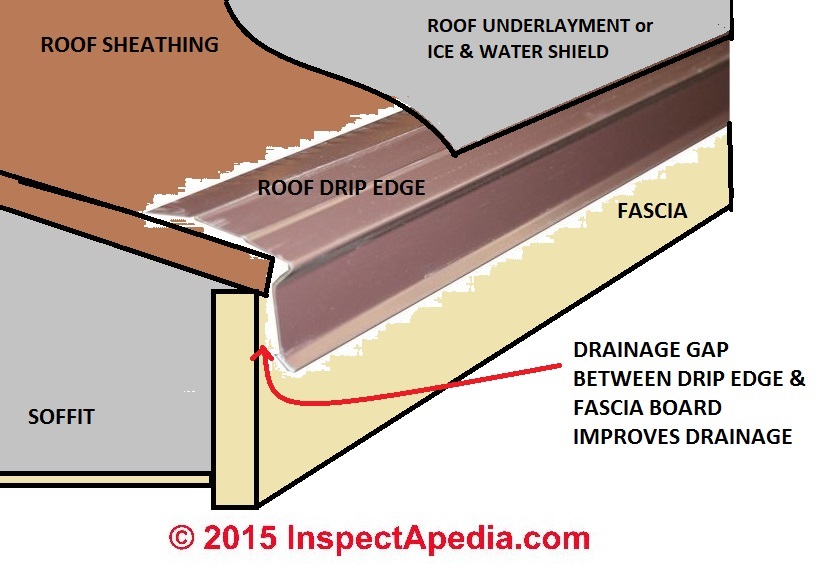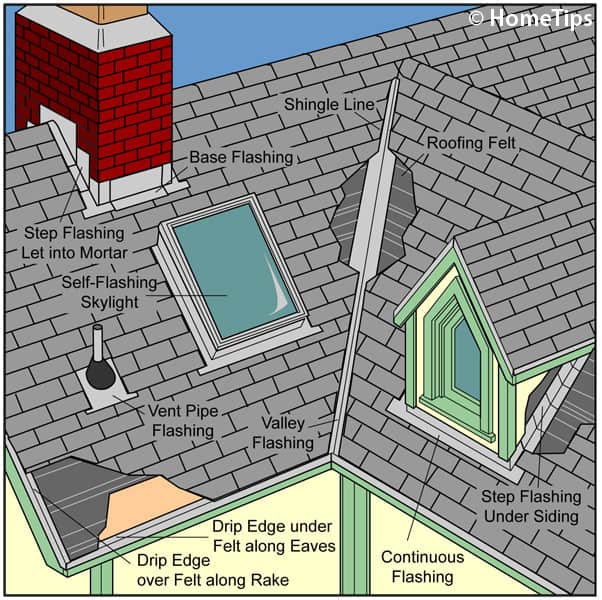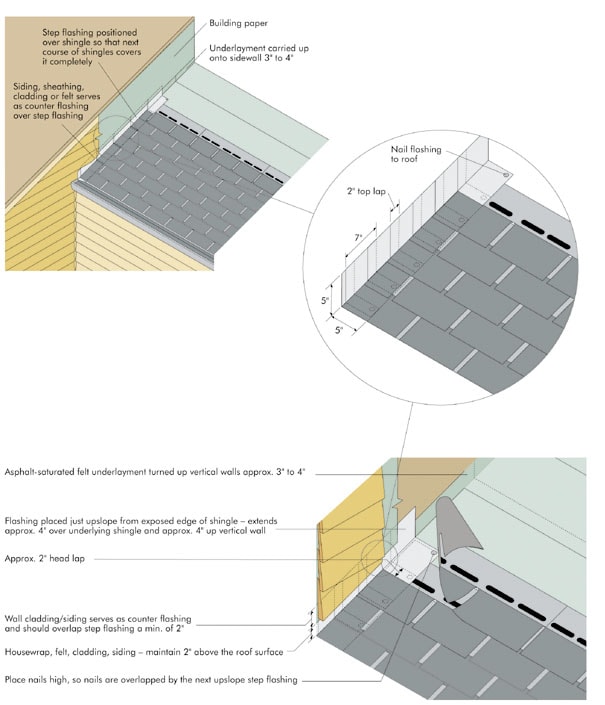Flashing Every Row Roofing

Roof flashing is different on every home because it is always tailored to your roof s unique features.
Flashing every row roofing. Before running the first row of shingles install a piece of step flashing along the sidewall so that it sits tightly against the roof. The short face will not interfere with most gutter installations. While some skylight manufacturers include flashing in their products sometimes roofing professionals have to create it or purchase it separately. Flashing can be installed as multiple square pieces that are added in between every row of shingles or whatever type of roofing material is utilized surrounding the dormer or as a strip that is placed around the projection and underneath the roofing material around it.
The wide deck nailing flange provides a straight and level surface for the starter course of shingles. This process involves flashing squares being inserted into every row of roofing material. If side laps are necessary overlap the pieces at least 6. This flashing provides protection from water damage along the eaves of a roof.
A strip of flashing is also placed around the edge of the window. This flashing provides protection for pipes cables conduits and wires. The gibraltar galvanized roof starter flashing is made from reliable 28 gauge galvanized steel. Metal flashing is a popular choice for dormer windows.
The flashing that is placed around a skylight is one continuous strip. Up to 5 3 4 in. The type of shingles you ve selected and the style of your home have a lot to do with the types of flashing that your roofing professional will recommend. Adhere shingles trimmed to cover flashing strip siding 2 minimum 3.
Embed the metal flashing in asphalt roofing cement or another appropriate adhesive and nail it to the roof every 12. Drip edge metal valley flashing dormer chimney and kickout flashing are types of roof flashing that shed water away from the connections between roofs walls chimneys and other building assemblies. Do not fasten in this joint area. Last course of shingles.
Do not nail the strip to the wall. Open valleys have metal flashing to protect this critical area of the roof. The edge of the roof has thin metal flashing that helps water drip off the roof without damaging the home or causing a leak. The soft aluminum base conforms to most metal roof panels.














































